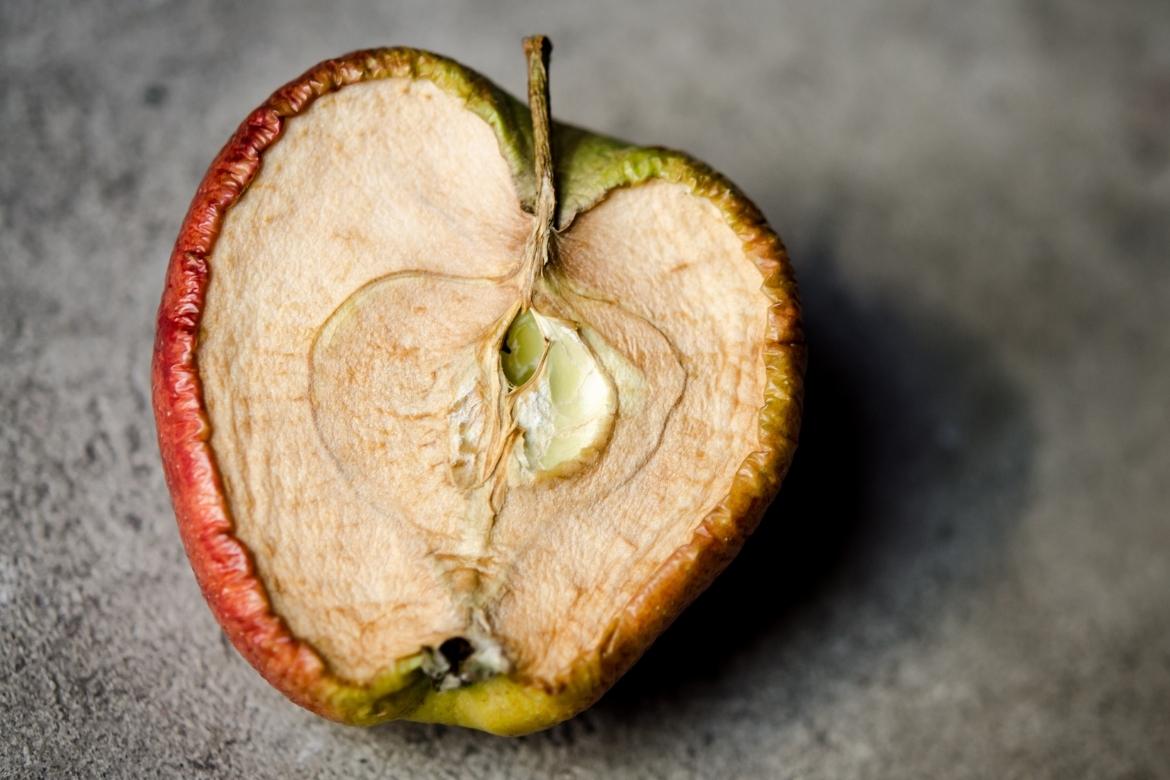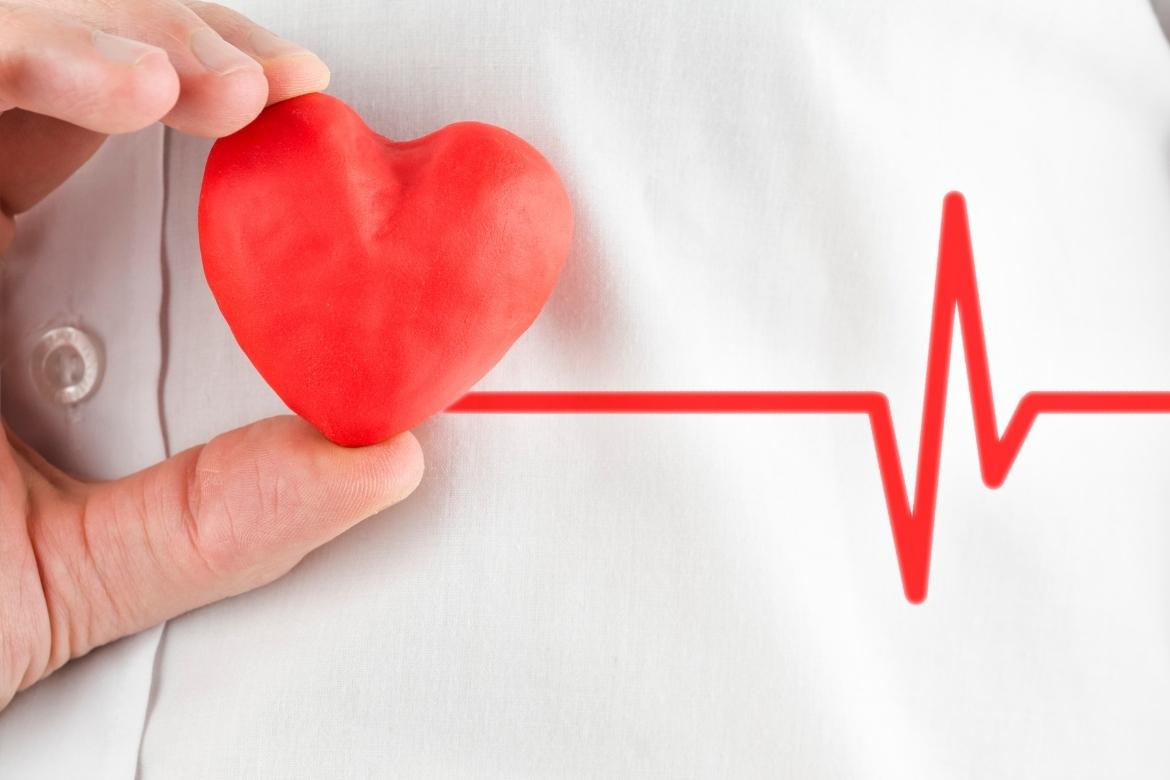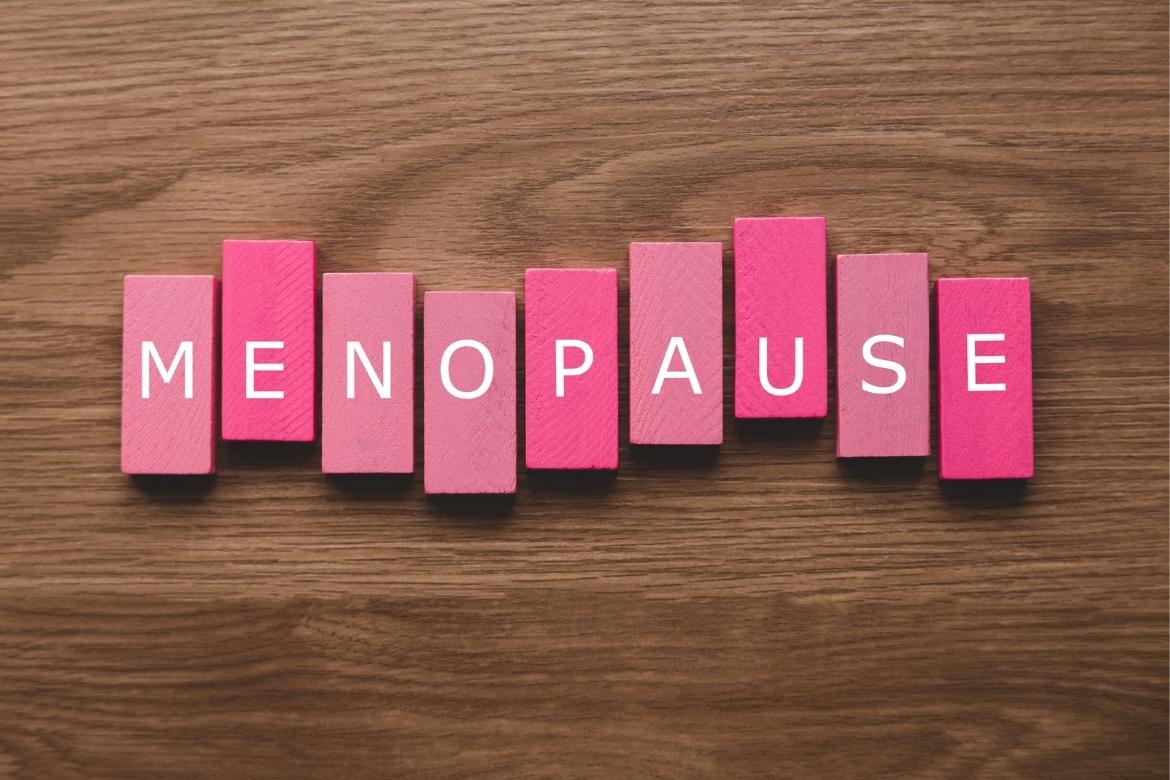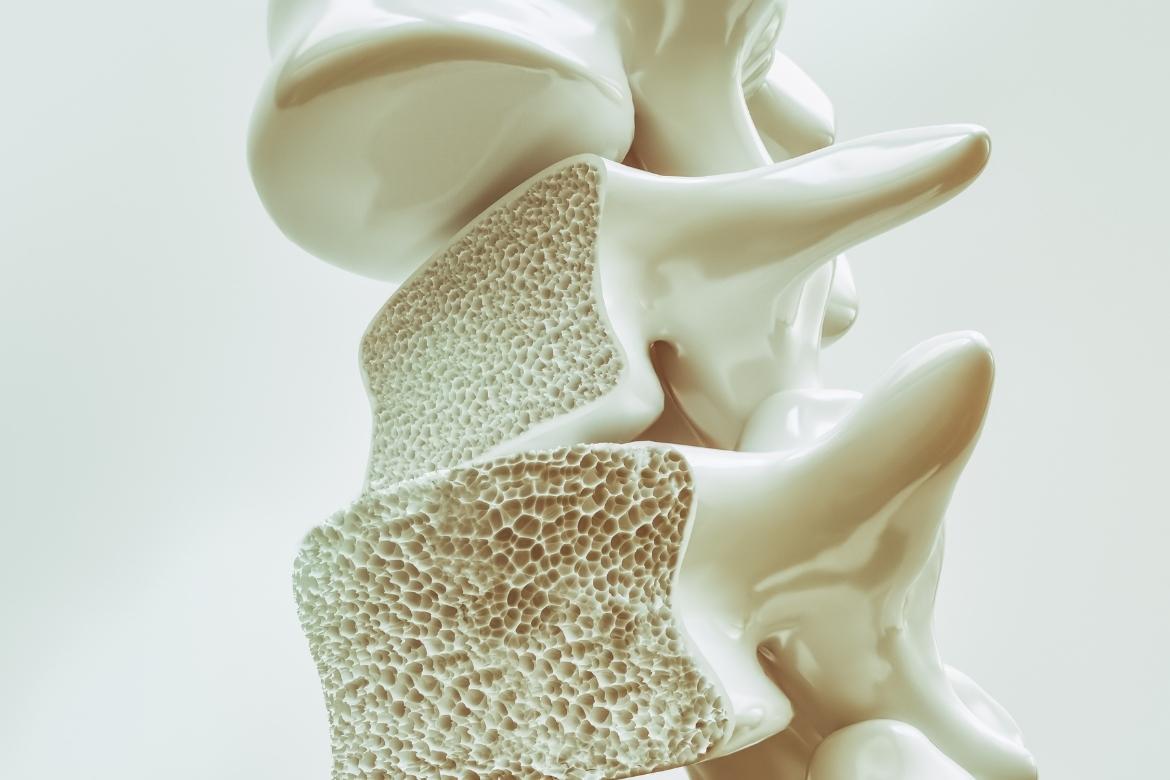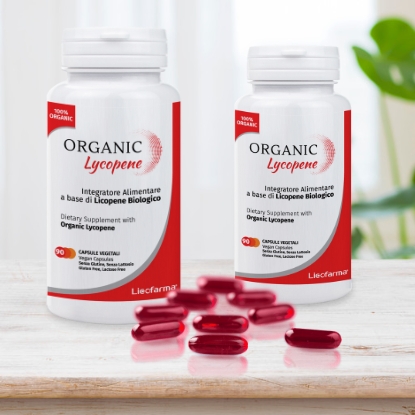If you've heard of or read the term free radical several times without really understanding what it is, you've finally come to the right place.
In this article, in fact, we will try to understand what free radicals are, when and why they can become dangerous for our health and, above all, how to fight and eliminate them.
Free radicals are waste molecules that are naturally produced as a result of the numerous chemical reactions that take place continuously in our body due to physiological cellular metabolism. There are different types of free radicals, but the most important are the so-called ROS, or reactive oxygen species. These are the waste molecules that are released in the body during all chemical reactions that use oxygen and are the most numerous. Hence the importance of ROS compared to other types of radicals.
Free Radicals: What they are for
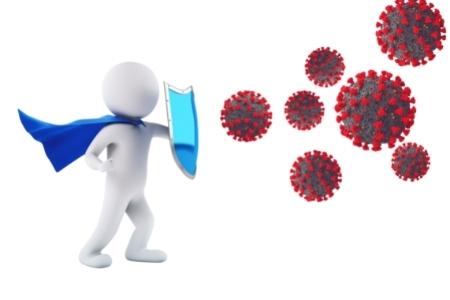 Let's start by clarifying one thing: free radicals are not completely dangerous for our health. In fact, kept below a certain level, they are "indispensable friends" of our cells. We can imagine them as real "soldiers" that our immune system has at its disposal to fight and destroy microorganisms that continuously attack the body.
Let's start by clarifying one thing: free radicals are not completely dangerous for our health. In fact, kept below a certain level, they are "indispensable friends" of our cells. We can imagine them as real "soldiers" that our immune system has at its disposal to fight and destroy microorganisms that continuously attack the body.
The activation of the immune system in response to any inflammatory processes is, in fact, one of the "natural" causes that lead our body to produce free radicals. In this case it is a physiological process because the free radicals have a target to hit represented, in fact, by the microorganisms to be eliminated.
These particular molecules have other important functions, especially at the cellular level. For example, they participate in intracellular communication and many biological processes that occur within cells including energy production and fatty acid metabolism.
Why There May Be Harm from Free Radicals
At this point the question arises as to why, in spite of the fact that free radicals carry out all these functions that are so important for the functioning of our organism, at the same time they can be very dangerous for our health. Let's try to understand it together.
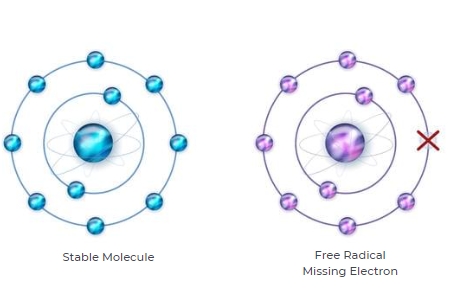 The threat to our health is directly related to the fact that they are very unstable and reactive oxidant molecules. This instability depends on the structure of these molecules, which have only one electron in the last orbital. This "unpaired" electron makes the molecule highly reactive, i.e., capable of easily bonding with any other nearby molecule to retrieve the missing electron.
The threat to our health is directly related to the fact that they are very unstable and reactive oxidant molecules. This instability depends on the structure of these molecules, which have only one electron in the last orbital. This "unpaired" electron makes the molecule highly reactive, i.e., capable of easily bonding with any other nearby molecule to retrieve the missing electron.
In practice, free radicals, in order to balance their charge and become stable again, "steal" the electron which is missing from the atoms of nearby molecules. These molecules are then oxidised, i.e. they in turn become free radicals which start looking for an electron to balance their charge, triggering a real chain reaction.
When the body's antioxidant defenses fail to keep free radicals at the lowest tolerable level, free radicals begin to steal the electrons they need from other nearby molecules including lipids, carbohydrates, proteins and even DNA and RNA. In doing so, they damage them, in turn turning them into free radicals and causing damage to cells and tissues.
When the body can no longer control this process and break these chain reactions, an excess of free radicals is generated. The continuation of this situation over time leads to what is called a state of "oxidative stress".
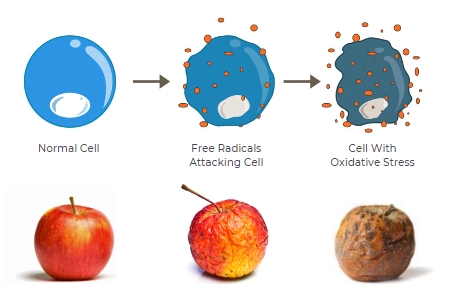
To learn more about the link between free radicals and oxidative stress, we suggest you read our in-depth article.
Free Radicals and Antioxidants
The body's antioxidant defences are nothing more than a set of molecules capable of neutralising free radicals. How do they inactivate them? Simply by oxidizing themselves instead of other molecules.
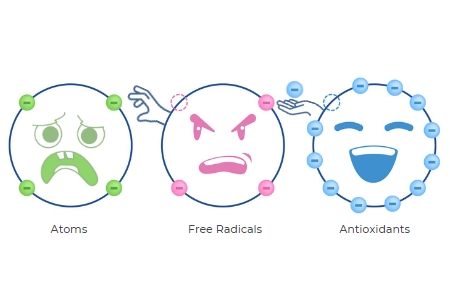 In practice, antioxidants intercept free radicals and bind to them, giving them the electron they need to become stable again. In this way, they neutralize their action without, however, transforming themselves into new free radicals and thus interrupting the chain reactions induced by ROS that lead to their uncontrolled reproduction.
In practice, antioxidants intercept free radicals and bind to them, giving them the electron they need to become stable again. In this way, they neutralize their action without, however, transforming themselves into new free radicals and thus interrupting the chain reactions induced by ROS that lead to their uncontrolled reproduction.
We can, therefore, imagine antioxidants as real "scavengers" of our body, hence their nickname of "free radical scavenger".
How to Fight Excess Free Radicals
Having seen what they are and when and why they can become dangerous to our health, let's now look at how to prevent them from reproducing in excess in our bodies.
Actually, the answer to the question "how to eliminate free radicals" is very simple. You need to keep your body's antioxidant defenses up. How? By trying to make sure that our tables are never short of "foods against free radicals".
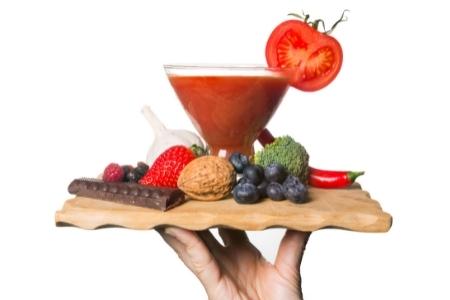 In fact, even though our bodies produce some antioxidant agents internally such as Glutathione and Alpha Lipoic Acid, we get most of our antioxidants through our diet. The main antioxidant substances that once assimilated by the body go to strengthen the defense network against the attack of free radicals, are:
In fact, even though our bodies produce some antioxidant agents internally such as Glutathione and Alpha Lipoic Acid, we get most of our antioxidants through our diet. The main antioxidant substances that once assimilated by the body go to strengthen the defense network against the attack of free radicals, are:
- le Vitamins E, C and A;
- i carotenoids, so lycopene, lutein, zeaxanthin, beta-carotene;
- i polyphenols, so flavonoids, coumarins, anthocyanins, catechins, tannins and many others contained in many varieties of plants;
- minerals like selenium, copper, zinc, manganese.
To find out what foods are rich in these valuable substances, you can read this article on antioxidants and what foods they are found in.
Not just Diet but Healthy Lifestyle
Of course, diet alone is not enough. In fact, while it is important to strengthen our antioxidant defenses, it is also important to reduce the production of free radicals. This is possible by eliminating or reducing the many external risk factors that lead our body to produce ROS. These include smoking, alcohol abuse, psychophysical stress, overweight, poor diet, excessive and incorrect exposure to UV rays (those of the sun).
 Finally, in some cases, for example when it is not possible to consume certain foods, it may be useful to combine the diet with the intake of food supplements against free radicals, i.e. based on antioxidant active ingredients. In these cases it is always preferable to choose products of natural origin and not synthetic, although fresh foods should always remain the first choice.
Finally, in some cases, for example when it is not possible to consume certain foods, it may be useful to combine the diet with the intake of food supplements against free radicals, i.e. based on antioxidant active ingredients. In these cases it is always preferable to choose products of natural origin and not synthetic, although fresh foods should always remain the first choice.
If you are looking for a supplement with high antioxidant power, you can try our Organic Lycopene, the only certified organic Lycopene supplement, a daily ally for your health.
Disclaimer:
The information on this site is for informational purposes only and is not intended in any way to replace the advice of your doctor or specialist. With reference to the products recommended on the site, it is recommended to always seek the advice of your doctor or specialist before use. In no event shall the owner of the site be liable for any damages resulting from the misuse by the user of the content and information published on the site.

